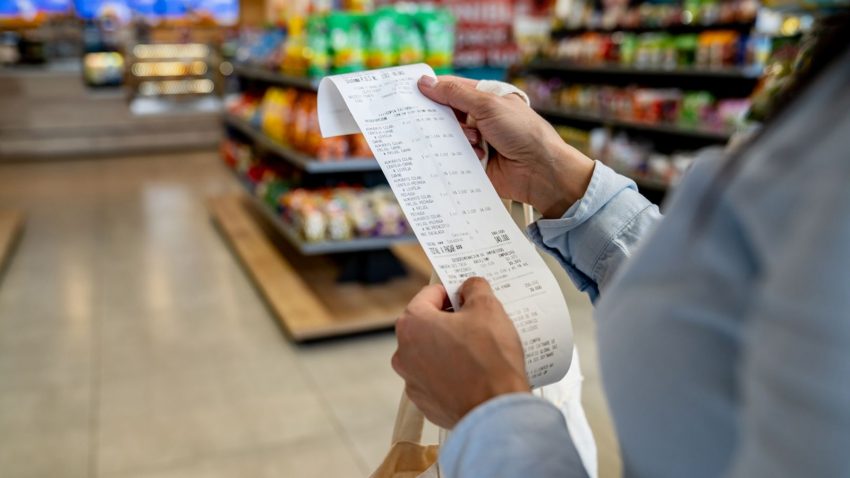A first quarter dip in inflation, confirmed by March’s better-than-forecast fall in CPI to 2.6%, is likely to offer only temporary respite to both consumers and the chancellor ahead of a year of rising prices and soaring uncertainty.
The decline in March was driven by falling oil prices and the cost of recreation and culture. Forecourt fuel prices were down more than 7p a litre year-on-year, while food prices were flat.
Together, they helped drag the primary measure of prices almost half a percentage point lower than the start of the year, and there were encouraging, if small, declines in both the rate of underlying core and services inflation.
This is likely to prove the low point, however, as domestic price pressures are compounded by international trade turmoil.
When April’s figures are released in a month, they are likely to reflect increases in consumer bills, from water to energy, as well as the first impact of rising employment taxes and a more than 6% bump to the national living wage.
All of these are forecast to push CPI above 3% in April and stay there, peaking at 3.5% or higher in the autumn.
An uncertain outlook
If those domestic pressures are baked in and relatively straightforward to predict, the impact of Donald Trump’s trade war is less clear.
As tariffs are taxes paid by the importer, the immediate impact of global blanket tariffs will be felt by American consumers, but the UK is far from immune to the consequences, both good and bad.
Read more:
Sue the government, Sir Alan Bates tells fellow Post Office victims
‘Likely’ British Steel will be nationalised, says business secretary
A weakening dollar could make US imports cheaper (the reverse is also true) and, should exporters priced out of the US choose to “dump” goods in tariff-free territories such as the UK, prices could initially fall.
Given dumping would disadvantage domestic suppliers, that would likely draw a protectionist response from the government in the form of tariffs or non-tariff barriers, pushing up prices and demonstrating the corrosive impact of tit-for-tat trade conflict.
Downturn fears
Fears of weakening demand have already pushed down oil and gas prices, which eventually pass through to consumers too, but given they reflect expectations of a global recession, there will be little to celebrate.
Reflecting fears of a downturn, markets now expect the Bank of England to cut interest rates four more times this year, starting next month.
UK industry and business meanwhile still have no idea if the 10% blanket tariff applied to the UK will last, and specific industries are deeply troubled, including car manufacturers who know they face a 25% tax, and the pharmaceutical industry, which fears it might.
Any prolonged impact on these two cornerstones of UK exports, expertise and employment, would be traumatic for the economy.

